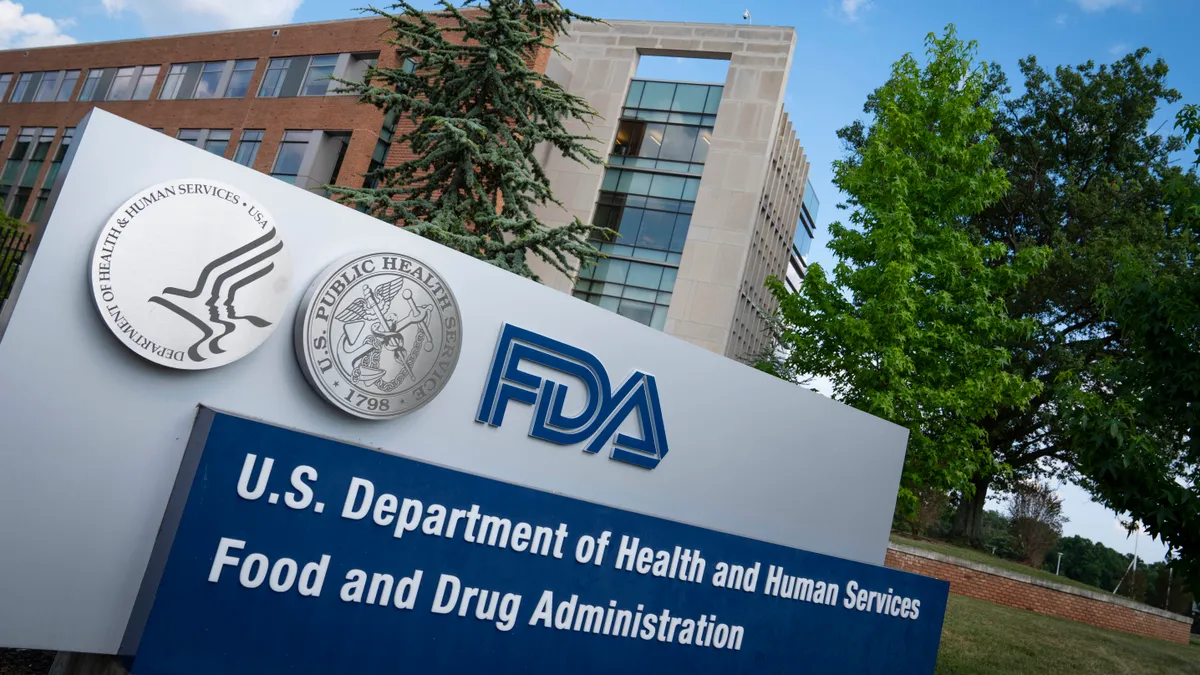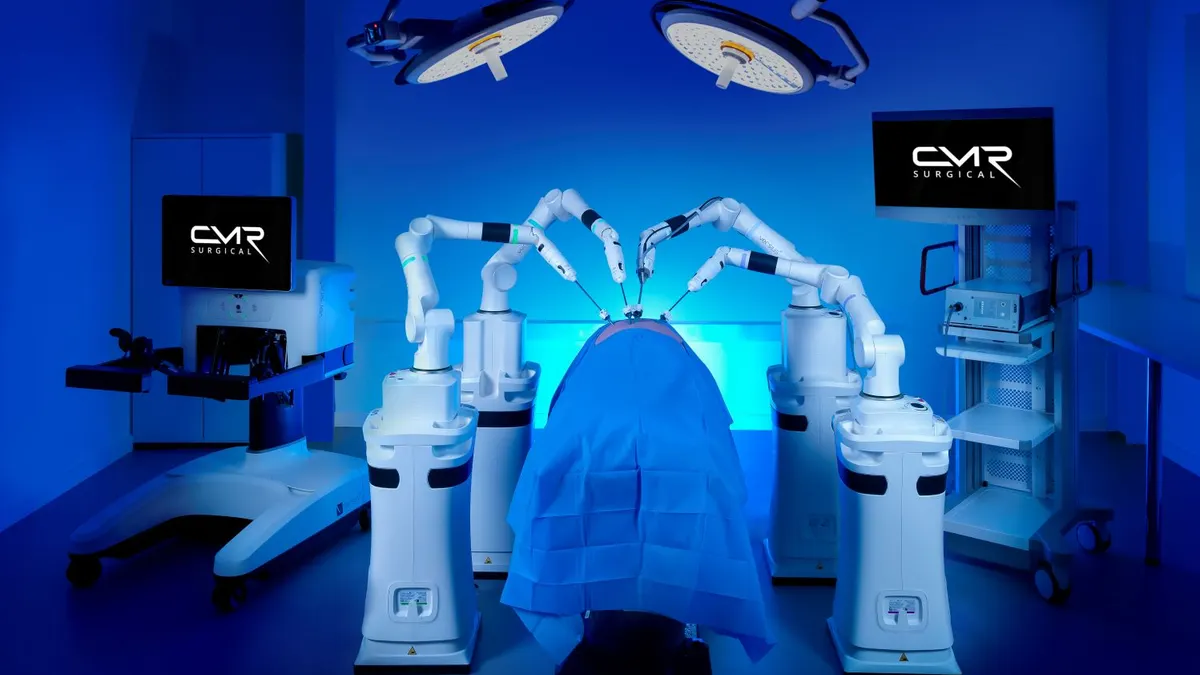In late February, the FDA published a proposed rule that would adopt an international standard for U.S. quality system regulations. In a Wednesday committee meeting, industry representatives supported the proposed shift, saying it would remove unnecessary duplication for device makers that are already following the international standard as well as the current U.S. regulations.
However, they also cautioned to expect a significant upfront cost, and that more time would be needed for some companies to adapt to the new standard.
The Devices Good Manufacturing Practices advisory committee meeting ran for most of Wednesday, with FDA officers, committee members and industry representatives having a seat at the table. The proposed regulatory rule would change the current U.S. quality standard, 21 CFR 820, to adopt one used by more than 100 countries, the International Organization for Standardization (ISO) 13485.
The changes would outline the requirements for developing, producing, storing, distributing, servicing and disposing of medical devices.
For the most part, the international standard is similar in scope to the current regulations. Where it differs, the FDA established U.S.-specific provisions, said Melissa Torres, the Center for Devices and Radiological Health's associate director for international affairs.
The FDA is giving manufacturers a year after the final rule is published to adjust.
Industry asks for two years
Industry representatives supported the changes overall, though there was some debate about how long it would take for companies to adjust and see any cost benefit.
Jamie Wolszon, associate vice president of technology and regulatory affairs for AdvaMed, said the trade association "strongly supports" the proposal. At the same time, Wolszon noted that for smaller companies, or those that only sell devices in the U.S., a two-year transition period might be needed to get up to speed with the international standard. It isn't a concern for larger companies that already do business overseas.
"We know that for those companies that have already adopted the standard, and we mentioned that many have, they could choose to immediately implement it as soon as possible," Wolszon said.
Robert Phillips, vice president of quality and regulatory for Siemens Healthineers, also echoed that the change would be good in the long run, but warned there would be a "significant cost" to make the change.
"I think the potential benefit is likely to be realized very far downstream," Phillips said.
Scott Sardeson, 3M's international regulatory affairs and quality compliance director, also cautioned not to underestimate the amount of work it is going to take.
How the rule is structured
Rather than making changes to the existing U.S. regulations to bring them in line with ISO 13485, the FDA decided to instead incorporate the international standard by reference, with a few add-ons where it didn't meet U.S. standards.
"The tack that they took, my first reaction is a little bit of a surprise," Dennis Gucciardo, a partner with Morgan Lewis, told MedTech Dive. Though Gucciardo noted, this structure could also make it easier for the FDA to incorporate future changes to the international standard.
Industry representatives also noted this flexibility as a benefit, though questioned whether the FDA should bolt on its own U.S.-specific requirements at all.
"Are these additions, the national requirements we're talking about … do they really drive the industry to ensuring safety and efficacy, or are they just there as remnants of the gap analysis?" Phillips said.
They also asked for more clarity on how the new standards would factor into different types of FDA inspections. One thing the proposed rule makes clear: Manufacturers who have ISO 13485 certificates will not be exempt from FDA inspections. Gucciardo cautioned that companies should not have a false sense of security even if they've been certified by an EU notified body.
"Industry knows that an FDA inspection is very different from other inspections," Gucciardo said. "I think there's going to be some interesting findings, in terms of things that notified bodies would let go, FDA's not going to let go."
The committee meeting gives just a preview of industry's response to the planned shift to ISO 13485. The comment period for the proposed rule will be open until the end of May.





















